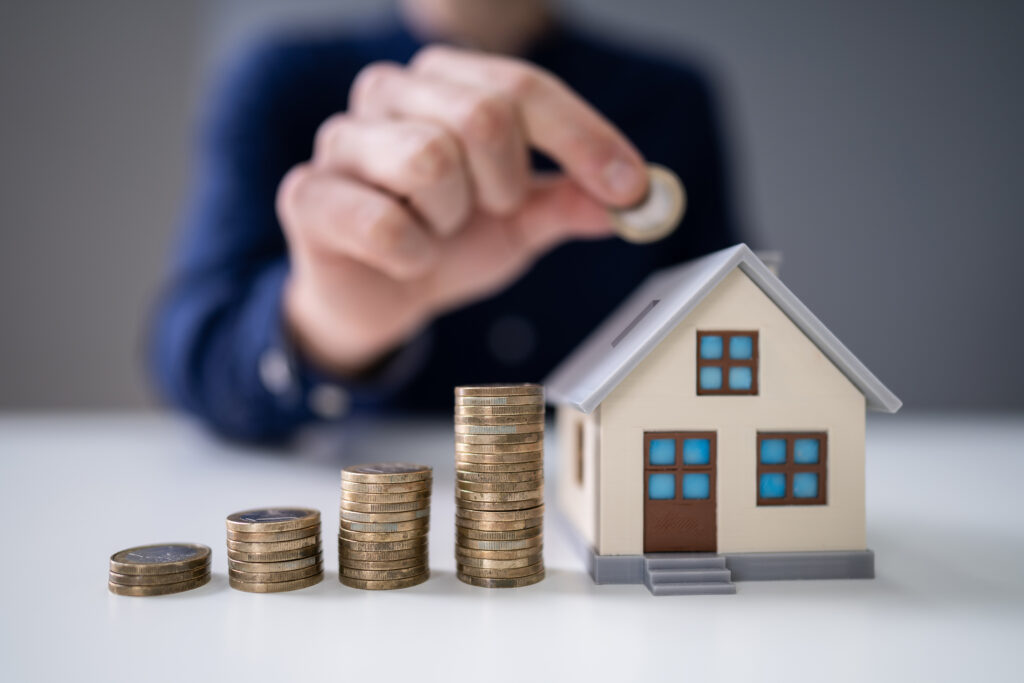- Start by determining your income, expenses, and variable payments.
- 70% of your income should be allocated to cover your fixed expenses, 20% for an emergency fund, and 10% to buy your home.
The Covid-19 pandemic has brought changes to the way we used to live, so much so that all kinds of activities we were accustomed to have moved to our homes. Today, it is not just the place we inhabit; it is also our office, gym, cinema, and recreation area.
However, within that change, there was also an economic imbalance that hit many families hard. This situation may be used to your advantage because, challenging as it may sound, this might be the best time to negotiate it to your benefit, depending on your possibilities and, above all, effective management of your savings. Here’s how to do it to achieve it soon.
- Verify your income and eliminate unnecessary expenses. The first step in starting to save to buy a house is to determine the resources you have and your expenses. You can create a table with three columns: the first with the total of your income, the second with your fixed expenses (payments that are difficult to eliminate, such as electricity, water, property taxes, gas), and the third with your variable payments (those you can and should start eliminating, as they are not essential, such as discretionary spending, entertainment outings, dining out, or streaming services).
- Stick to the 10, 20, 70 rule. The pandemic taught us that unforeseen events affecting our health and economy can arise. Therefore, it is necessary to maintain good organization and prevention to anticipate any situation. To achieve this, we recommend allocating 70% of your income to cover your fixed expenses, 20% to an emergency savings fund (such as the one brought by the contingency), and 10% to savings for buying your home.
- Keep your money in a safe place and invest. The idea of keeping money under the mattress is a thing of the past. While it is acceptable to secure it in an account that does not offer returns (keeping your money away from temptations), we recommend looking for more optimal options, such as investment accounts that offer higher interest rates and charge fewer commissions, potentially bringing you gains from the moment you acquire them.
- Research and compare housing prices. In this post-pandemic stage, not everything is negative. There are also offers in pre-sales as well as down payments for housing with opportunities to negotiate amounts and monthly payment terms. So, seize the moment and start your search to choose the one that suits you best
Remember that saving to acquire a home is a personal and family decision that should be based on the economic situation you are experiencing, and above all, it requires a lot of commitment and patience. At Coldwell Banker, our advisors are ready to help you find the option that best fits your possibilities and needs; inquire about our services.
****
If you want to learn more about this topic, check out our similar articles:
https://blogcbam.wpenginepowered.com/casas-en-venta-encontrar-espacio-perfecto/
Reference sources:
https://www.bbva.mx/personas/educacion-financiera/ahorrar-para-comprar-una-casa-5-tips.html
https://blog.vivanuncios.com.mx/bienes-raices/comprar-casa/ahorrar-para-comprar-mi-primera-casa/
https://www.portafolio.co/mis-finanzas/la-regla-que-le-ayudara-a-planificar-mejor-sus-gastos-523163




